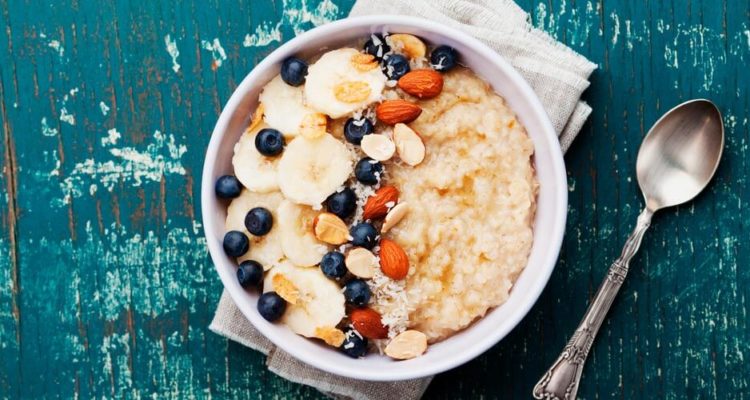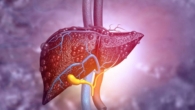
How to live long: the perfect porridge for breakfast is named
0
The first meal of the day is considered one of the most important – it starts the work of the whole body after a night's rest, providing it with the necessary energy. When it comes to breakfast, scientists say there's no better option than a bowl of oatmeal.
According to research, regular consumption of cereals helps to cope with numerous health problems associated with a decrease in life expectancy. These include high cholesterol, excess weight, and even autoimmune diseases, making oatmeal an ideal breakfast for longevity.
A study confirmed this theory on volunteers from China. For their experiment, scientists divided participants with hypercholesterolemia (high cholesterol) into two groups. The first ate 100 grams of oats a day, and the other – 100 grams of wheat flour noodles. After six weeks, the volunteers from the first group had reduced LDL cholesterol and waist circumference. Both factors have been proven to directly affect overall health and longevity.
Oats contain dietary fiber
One hundred grams of oatmeal (about 2/3 cup) gives the body 10 g of dietary fiber. Considering that the daily recommended intake (DRI) of fiber is 25 g for women and 38 g for men, one bowl of oatmeal provides most of the daily value.
In fact, dietary fiber has been shown to significantly help with weight loss, improve gut health, and even reduce the risk of many autoimmune diseases. However, 100 g of oatmeal is a rather large portion. Usually, a person can eat only ½ cup of cereal at one time. Thus, he gets about 4 g of fiber and 5 g of protein. To increase the nutritional value of the dish, you can add pumpkin puree, two teaspoons of chia seeds and half a cup of raspberries to the porridge.
Whole grain products prolong life
Oats are part of a food group that has been shown to reduce mortality is whole grains.
A study conducted by the American Heart Association suggests that regular consumption of whole grains may help reduce the risk of premature death.
< p>According to dietary guidelines published by the Office for Disease Prevention and Health Promotion, a whole grain is “any grain kernel, including the endosperm, bran, and germ.” Refined grain loses most of its nutritional value, including substances such as iron, zinc, magnesium, folic acid, selenium and many others.









Leave a Reply